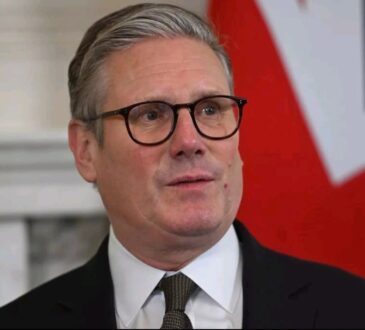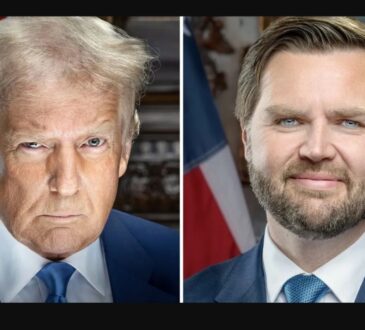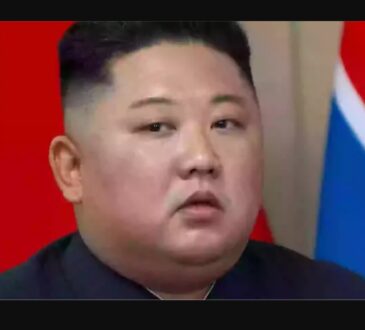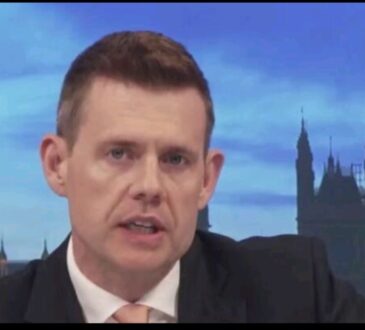SNP won’t lose all of their Support: GB News Presenter Nigel Farage Shares Insights on Sturgeon’s Arrest and Political Fallout

Former SNP leader Nicholas Sturgeon has been arrested, although no charges have been filed against her. Sturgeon, who voluntarily attended an interview with Police Scotland, is currently being questioned in connection with an ongoing investigation. The news has sent shockwaves through Scotland’s political landscape.
Joining the discussion on this development is GB News presenter Nigel Farage. Farage, renowned for his political analysis, expressed his thoughts on the matter. He described the recent happenings as a period of “Midsummer Madness,” with notable figures like Boris Johnson, Donald Trump, and now Sturgeon making headlines.
Farage suggested that the arrest of Sturgeon’s husband, Peter Murrell, earlier in the saga indicated potential trouble for him. Murrell’s involvement in fundraising for a specific purpose, which was later used for other purposes, could pose legal complications. Additionally, questions surround the issue of the campervan, leaving it uncertain whether Sturgeon’s involvement is as a witness or a suspect.
The political commentator highlighted the concept of nemesis following hubris, suggesting that Sturgeon’s downfall could be attributed to her feeling invincible in her position of power.
Previously riding high as the “queen of the castle,” Sturgeon’s confidence seemed unshakable as she pushed forward with controversial legislation, such as the transgender rights agenda, seemingly unconcerned about resignations or opposition. However, the tide has swiftly turned against her.
Farage noted that this turn of events could play into the hands of Boris Johnson, who may be watching with great interest. The sudden reversal of fortune for Sturgeon and the SNP might provide Johnson’s Conservative Party with an opportunity to gain political ground. Farage indicated that the SNP’s meteoric rise was partially fueled by the weaknesses of the Labour and Conservative parties.
However, he emphasized that the SNP would likely still maintain some support and return with a reasonable number of MPs in the next election, although their prospects of pushing for a second independence referendum have significantly diminished.
The discussion then shifted to Hamza Yusuf, a key figure in the aftermath of Sturgeon’s arrest. Farage suggested that if Sturgeon is indeed held as a suspect, Yusuf, the SNP’s depute leader, would have no choice but to suspend her.
The political landscape is divided on this matter, with some Conservatives demanding Sturgeon’s suspension while Labour insists that Yusuf be transparent about his knowledge regarding the situation.
Regarding the Conservative Party’s future, Farage expressed doubt, stating that trust has been broken and the party is disconnected from the concerns and aspirations of ordinary people.
He opined that an insurgency similar to the rise of UKIP and the Brexit Party could occur, fueled by widespread dissatisfaction among voters. Farage did not rule out the possibility of Boris Johnson starting a new party and potentially aligning with reform, a party that currently holds around six to seven percent of the polls.
The conversation concluded with reflections on the SNP’s promises, such as rejoining the European Union and the implications of their policies. Farage criticized the SNP’s previous plan to substitute Westminster with Brussels during the 2014 independence referendum, calling it a flawed economic argument.
He also discussed the challenges of rejoining the EU, highlighting the burden of EU rules without any real influence. Farage further delved into the issues surrounding Scotland’s reliance on oil and gas, which clashes with the SNP’s commitment to net-zero emissions. He suggested that prosperity and affordable energy might be enticing prospects for Scottish voters, potentially leading to dissatisfaction with the SNP’s policies.




